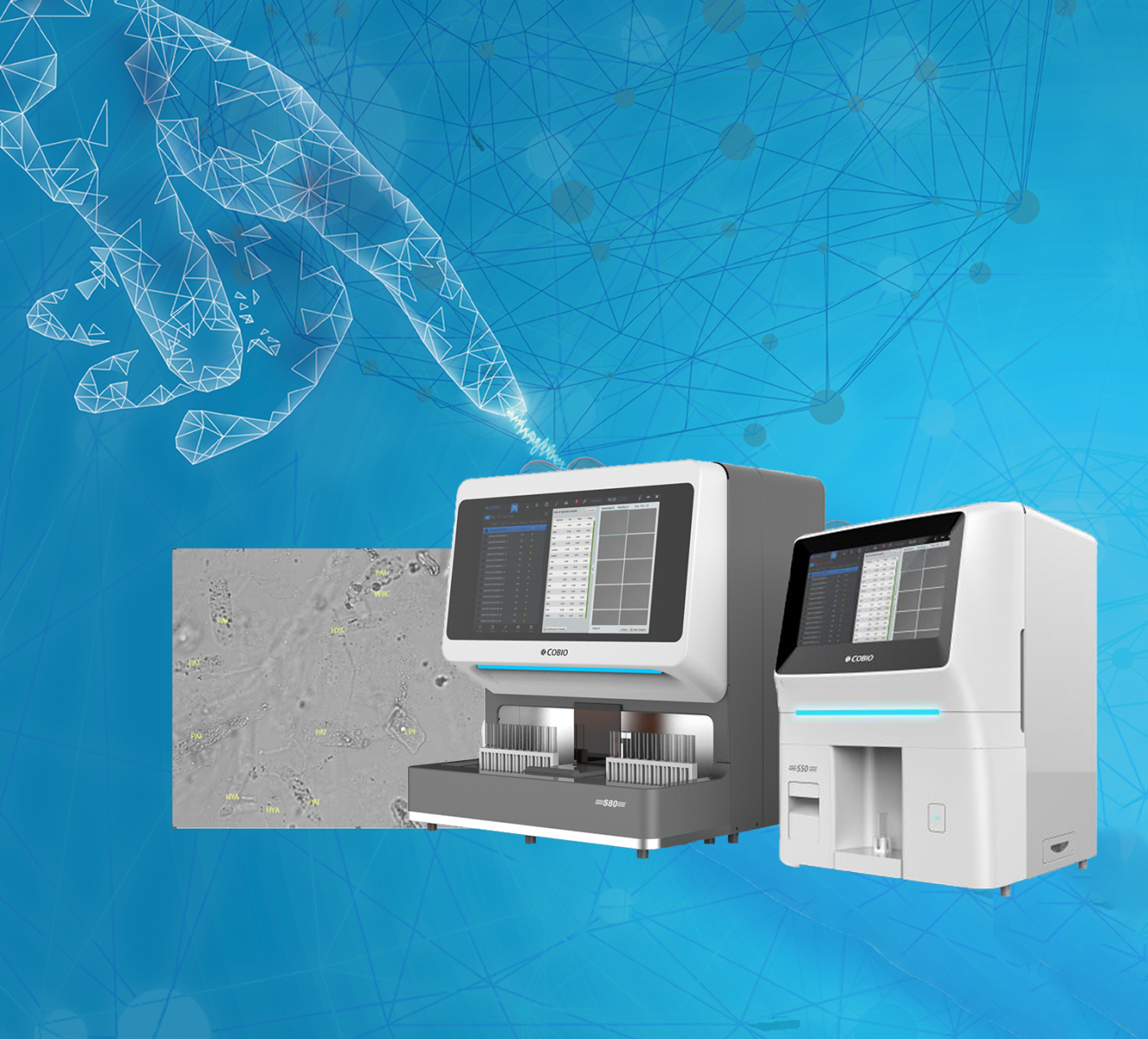NEWS DETAIL
Seek the TRUTH of Life
Benefits of Automation in Laboratories
Automation has transformed laboratories over the past 40 years. Laboratories are able to perform more tests, of a greater variety, with less staff and lower cost. Integrated reporting and aliquoting systems, a large menu of tests can be performed by a limited number of personnel, eliminating large amounts of manual labour.
Eliminating the need for humans to handle specimens means that they can be prepared for testing much faster. This means that biochemical tests can be performed rapidly, molecular diagnostics, liquid chromatography and even urine microscopy and tissue culture can be performed without the need for intervention. Tests can be performed more quickly, allowing for faster turnaround times for results.
Laboratory information systems have been used to track the results and keep large number of data. Integrating LIS with analyzers can give clinical reports seamlessly thus more effective treatments.
The reduction of manual labour means that laboratory professionals have more free time to communicate with their colleagues on how laboratory tests work. Laboratory professionals can utilize their expertise in more valuable task such as quality management and let automation take care of the manual tasks.
